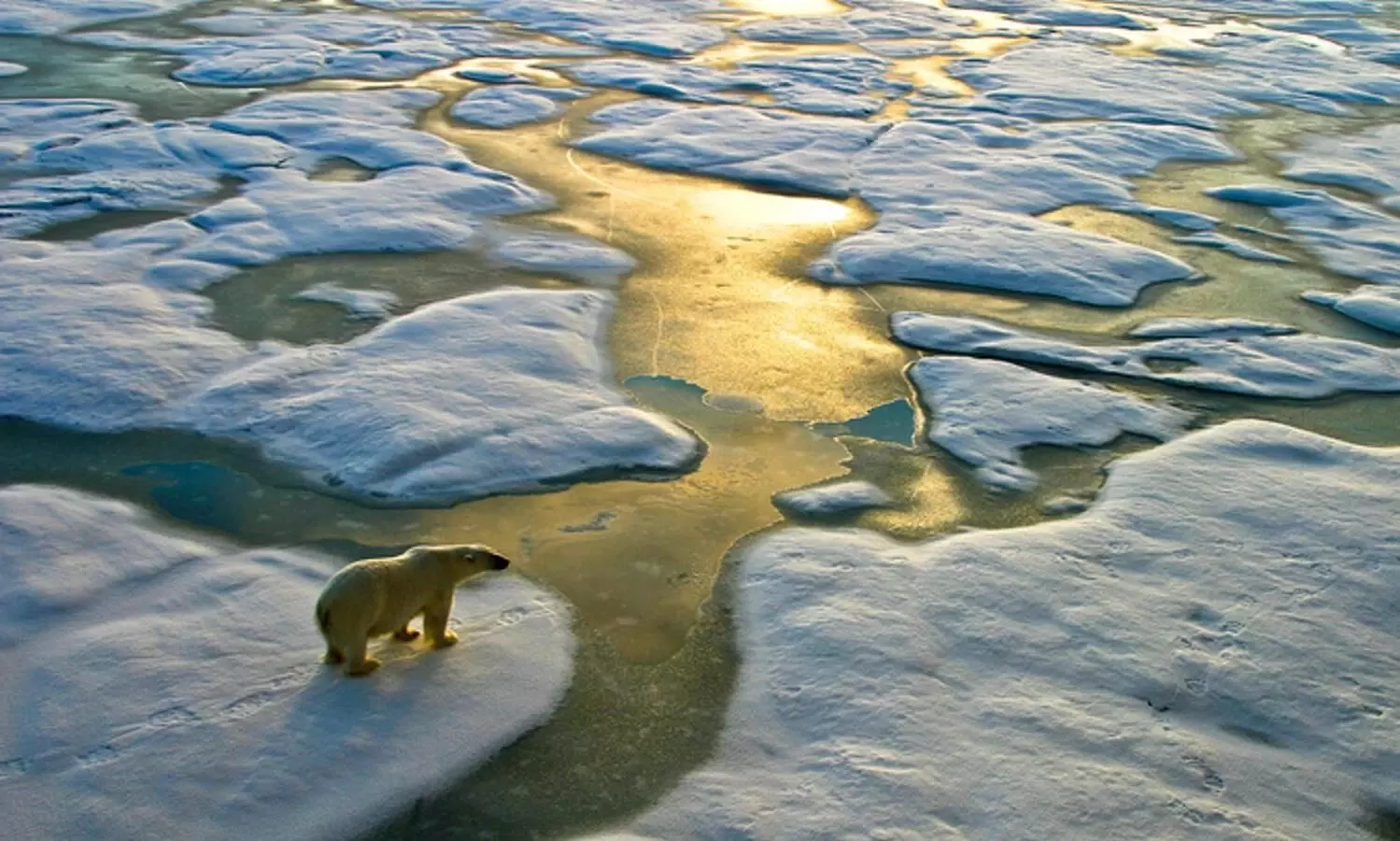
Reducing atmospheric vapour will cool down planet earth: study claims
text_fieldsNew York: Reducing the amount of water vapour in the atmosphere can help cool down overheating earth, scientists claim.
As the study published in Science Advances suggests, some scientists believe that drying the upper atmosphere is among the last ditch efforts to fight the climate change, NDTV reported.
Based on this understanding, researchers at the National Oceanic and Atmospheric Administration (NOAA) and NASA are looking forward to inject ice in the upper atmosphere.
The procedure could help get the water vapour up there a bit drier which in turn could ‘counteract’ a small amount of the human-caused warmth.
It is known that water vapour plays a decisive role in the Earth's greenhouse effect as an amplifier intensifying the warming of the planet.
Earth's surface temperature, according to NASA, will be about 59 degrees Fahrenheit (33 degrees Celsius) colder when no greenhouse gases are present.
The greenhouse effect helps maintain Earth's temperature within a habitable range.
However, human activities including burning of fossil fuels and deforestation has caused surface temperature rising, leading to global warming.
The idea of reducing the amount of water vapour, also called geoengineering, as means to cut down temperatures is often rejected on the grounds of potential side effects.
Joshua Schwarz, a NOAA physicist who is lead author of the study, was quoted as saying: ‘This isn't something that we can even implement right now. This is about exploring what might be possible in the future and identifying research directions’.
Climate scientists believe that high-tech planes will be able to inject ice particles about 11 miles (17 kilometres) high, just below the stratosphere where the air slowly rises.
Then the ice and cold air rise to where it's coldest and gets the water vapour to turn to ice and fall, dehydrating the stratosphere, the report said.
Schwarz, however, has pointed out that currently no injection technique is available.
























